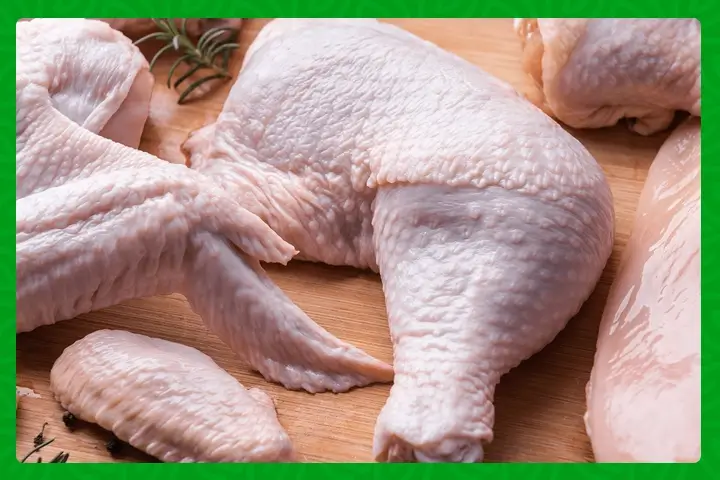
In a bid to safeguard the interests of South Africa’s poultry sector, the South African Poultry Association (SAPA) has raised profound concerns regarding the International Trade Administration Commission’s (Itac) recommendation to introduce rebates for select frozen poultry imports. This contentious proposal has sparked heated debate within the industry, with SAPA staunchly opposing what they deem as unnecessary and potentially detrimental measures.
Unveiling SAPA’s Concerns
At the heart of SAPA’s apprehension lies the perceived threat posed by Itac’s suggestion of rebates, purportedly aimed at addressing alleged market shortages. SAPA vehemently contests the necessity and justification behind these rebates, arguing that the local poultry industry has fortified its capacity significantly in recent years. With investments totaling R2.1 billion over the last five years, SAPA asserts that the industry’s enhanced capacity renders shortages improbable, especially in light of the mitigated risk of Avian Influenza.
Navigating Contradictory Measures
Central to SAPA’s opposition is the perceived contradiction between Itac’s proposed rebates and the anti-dumping duties enshrined in the Poultry Sector Master Plan. SAPA contends that the issuance of import permits for chicken products, including bone-in cuts, undermines the industry’s efforts to combat unfair trade practices. SAPA Broiler GM Izaak Breitenbach cautions against incentivizing additional chicken imports, warning of the potential ramifications for an industry already grappling with multifaceted challenges.
Debate in the Industry Arena
While SAPA stands resolute in its stance against the proposed rebates, the Association of Meat Importers and Exporters of Southern Africa (AMIE) and food distributor Hume International offer contrasting perspectives. AMIE views import duties as regressive taxes, advocating for rebates to alleviate consumer burden. Similarly, Hume International emphasizes the indispensable role of imports in stabilizing prices amidst supply fluctuations, citing recent price surges driven by the aftermath of bird flu.
Charting the Path Forward
The proposed chicken import rebates have ignited a spirited discourse within South Africa’s poultry industry, underscoring the complexities inherent in balancing domestic production with international trade dynamics. As stakeholders deliberate the merits and pitfalls of Itac’s recommendations, the imperative to safeguard the interests of local producers remains paramount. SAPA’s unwavering advocacy serves as a rallying cry for industry stakeholders to collaborate in charting a path forward that prioritizes the sustainability and resilience of South Africa’s poultry sector.
In conclusion, SAPA’s vocal opposition to the proposed chicken import rebates underscores the critical importance of advocating for the interests of domestic producers. As South Africa navigates the intricacies of global trade, it is imperative to strike a delicate balance that fosters a thriving local industry while ensuring consumer access to affordable and high-quality poultry products. Through robust dialogue and concerted action, the industry can forge a path towards equitable growth and resilience in the face of evolving challenges


















